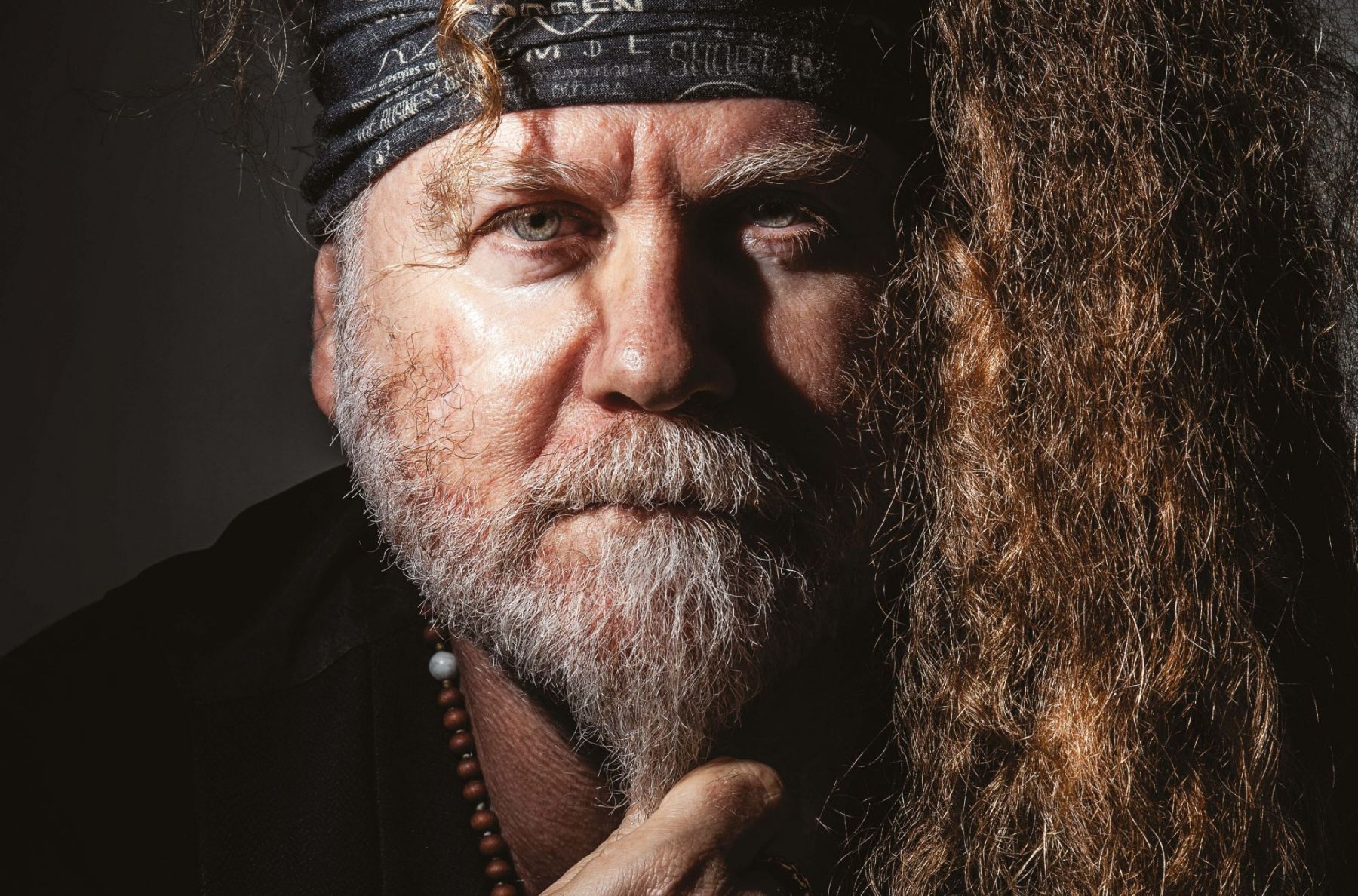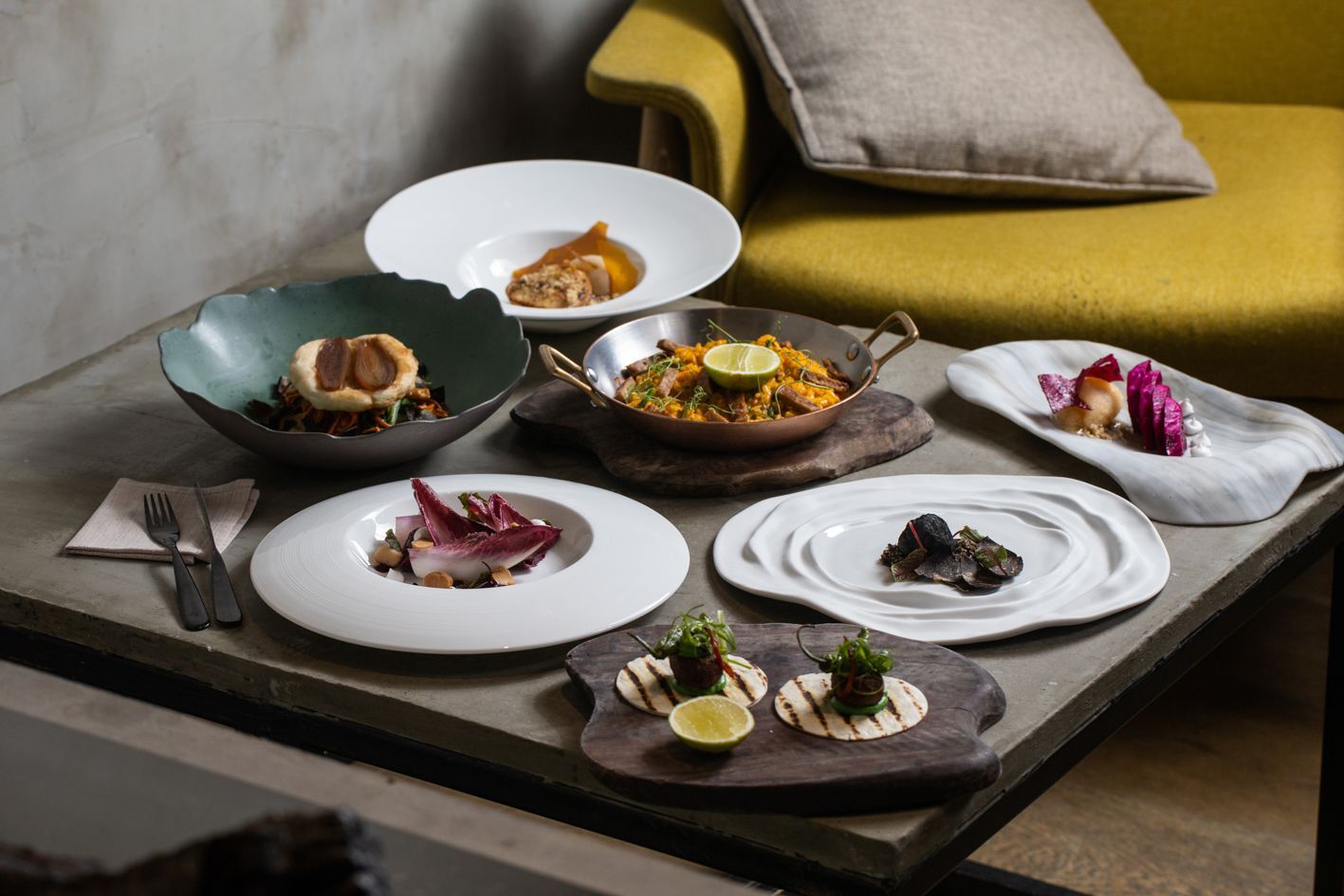The second edition of the awards crowned those who have made the most impact in the sustainability space
The second edition of the Food Made Good HK Awards was held today (24 November, 2021) at The Mira Hong Kong, celebrating the accomplishments of those doing their part to create positive change in the industry. As the Hong Kong outpost of the UK-based organisation (which has held Awards since 2012), Food Made Good HK has spent the last two years since launching in 2019 to promote a higher awareness of sustainable practices within the F&B industry, and spotlighting those who have made an impact.
With the climate crisis becoming ever more pressing, the focus on food systems and implementing sustainable practices along the entire food chain is brought into sharp relief. “With over a third of global greenhouse gas emissions coming from the food system, we must continuously reinforce the message that all F&B plays can contribute to a better future,” says Heidi Yu Spurrell, the CEO of Food Made Good HK.
See also: How to Make Our Sustainability Goals a Reality
To that end, the Awards highlighted ten categories, with three new awards for 2021. The system is based on Food Made Good’s sustainability framework, which takes into account a wide reaching set of criteria grouped under three pillars, including sourcing (local and seasonal produce, vegetable versus meat-led dishes, sustainable fish and seafood, and support for global farmers), society (treating staff fairly, supporting the community, feeding people well) and environment (valuing natural resources; reducing, reusing and recycling; and tackling food waste). Each nominee is examined under this matrix.


Among this year’s restaurant honourees were Somm (Food Made Good Business of the Year), Mana (Environment Award) and Treehouse (The Good to Go Award), each praised for their commitment to incorporating sustainable practices at their venues. At Somm, the team use their position to promote more sustainable, organic and biodynamic wines and put a lot of emphasis on sourcing from smaller growers and producers. Venues such as Alibi—which received a three-star rating from FMG earlier this year—were also honoured in the finalists list.
MO Bar at The Landmark Mandarin Oriental was also a runner-up, a testament to the efforts made by the hotel and a sign of things to come as Richard Ekkebus, director of culinary operations and F&B, will take over from The Arcane Collective’s Shane Osborn as the Food Made Good HK’s president this coming year. During the ceremony, Ekkebus outlined how Food Made Good will continue to work with current and potential members as well as landlords to support their tenants in their sustainability journey.
“We as chefs are powerful advocates for a better food future. We can inspire people to make changes in their kitchens and their communities," he said. "We as chefs have the power to equip ourselves with a single set of actions to drive progress against the food issues that matter to all of us. We as chefs can collectively call on governments and companies to also play their part. We can also do so much more through the choices we make, in order to support a more sustainable food system, from how we choose to procure food to diversifying our menus, to influencing diners’ decisions.”
See also: Shane Osborn on the Sustainable Principles Driving His Success
The Sourcing Award this year went to Sakti Elixir at Fiveelements Habitat, but it was a bittersweet win as the venue—despite its dedication to push the boundaries of sustainable sourcing—had to close earlier this year after failing to renegotiate their lease at Times Square. Other finalists for the award included Somm and Mono, Ricardo Chaneton’s fine dining South American restaurant in Central, which uses certified sustainable seafood and local organic produce. The Landlord Choice Award, given to the landlord who best supported F&B tenants by integrating sustainability into their operations, went to Hong Kong University of Science and Technology; Hysan Development was also in the running.
For The Innovation Award, given to the product or service that has had measurable and positive impact on the food service industry and consumer behaviour in the industry, went to Circular City—an organisation dedicated to circular economy, with smart reusable packaging supported by technology, which resulted in the successful pilot of the HK to Choose: Reuse coffee cup campaign. Other finalists included Tindle, the recently launched alternative protein product, and Phenix by On The List, an app to tackle food waste by giving consumers the opportunity to purchase unsold food that would otherwise go to landfill from F&B partners at the end of the day, and redirect unsold food to charities.
The Supplier Award looked at those making a difference when it comes to helping the food service industry tackle big issues, with the award being given to Belu; a company tackling single use water bottles by providing F&B partners with the ability to bottle their own still and sparkling filtered water in reusable, recycled glass bottles.
Notably, the awards did not only focus on the efforts of those in Hong Kong, but the groups and individuals based in or making an impact around the region. The Society Award, given to the Food Made Good member who stood out in the Society rating and has made the most improvement in the past year, went to Haoma Bangkok—a sustainable fine dining restaurant cooking Neo-Indian cuisine while adhering to eco-conscious principles and giving back through the #NOONEHUNGRY campaign, which was established during the pandemic. Meanwhile, UK-based Kisum Chan, the founder of Rice Inc—a platform dedicated to tackling the social and environmental issues in the rice industry—received the Food Hero Award for those who have used their influence to create substantial positive change to the food system. His Paddi rice brand has empowered rice farmers in south-east Asia by reinvesting profits to improve their farming technology, create direct trade opportunities, and create better quality rice to command fairer prices.
Over the next two years, Food Made Good aims to double their member base from 70 to 140 and to move the needle on pushing for real change in the sustainability space.
